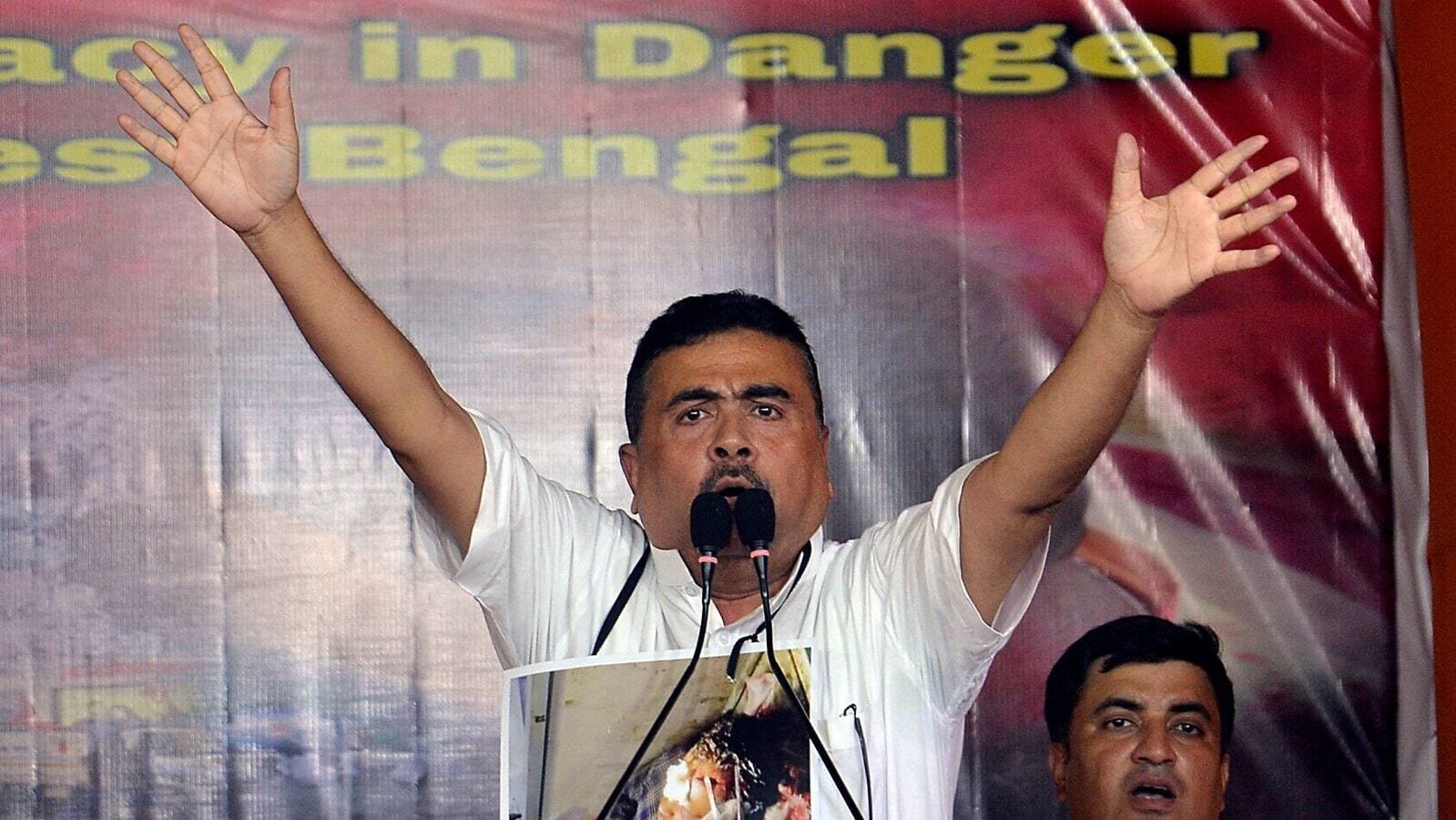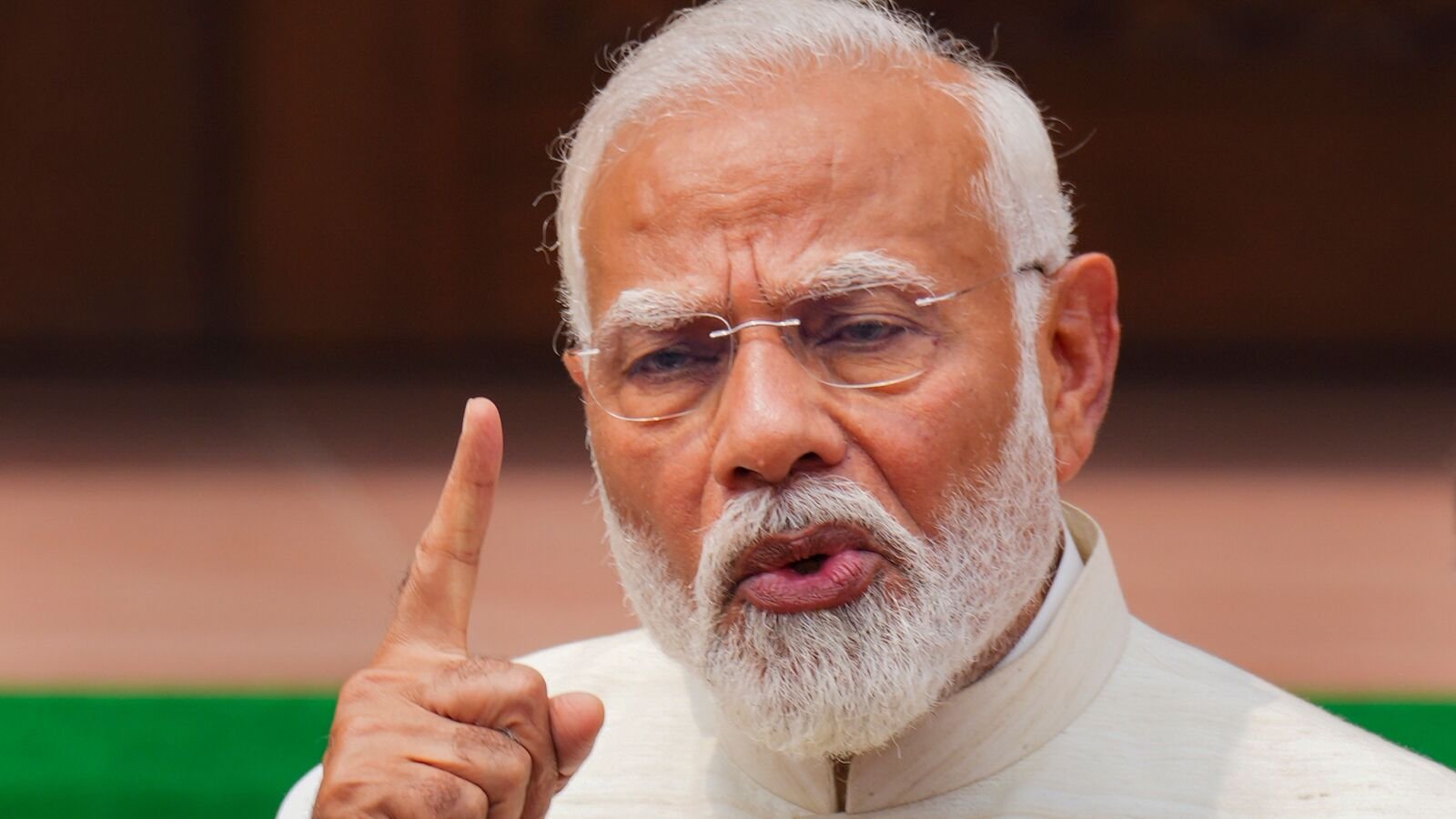Less macabre, but just as consequential, is what the offensive has done to the flows of aid that have kept 2.2m Palestinians alive throughout eight months of war. Consider the statistics from one recent day. The Israeli army said that 370 lorries of aid reached Gaza on May 27th, 154 of them via Kerem Shalom, a border crossing in the south. Yet the un’s official tally from that day recorded zero lorries at Kerem Shalom. Neither side is lying—nor, though, are they telling the whole truth. The confusing figures show how Israel’s campaign in Rafah has complicated deliveries of aid.
Until it began, most of the aid reaching Gaza did so by lorry in the south, where it was collected by the un. Of the 27,608 lorries that entered between the start of the war and May 6th, around 25,000 went via the Rafah and Kerem Shalom crossings (see map). Over 90% of those lorries delivered goods to the un and other charities; only a small fraction carried cargo ordered by private firms.

View Full Image
Deliveries reached an all-time high in April, when 5,671 lorries entered Gaza via the two southern crossings. There were also new routes for shipments to other parts of the enclave. In May Israel opened a new crossing, called West Erez, which could handle deliveries in the north. America inaugurated a temporary pier to receive supplies by sea. After months of shortages, aid workers were hopeful that the humanitarian situation was improving.
Then Israeli troops began their push into Rafah. It has caused two big problems. First is the supply of aid. Egypt stopped sending lorries to the Rafah crossing after Israeli troops seized it. Kerem Shalom has, at times, been too dangerous to use (partly because Hamas keeps firing rockets at it). The week before the Rafah offensive began, the UN received 1,601 lorries through those crossings; the week after, it recorded 63 (see chart). Most lorries entering in the south are now bound for private firms, not charities. They show up in Israel’s statistics, but not in the UN’s.

View Full Image
On most days the West Erez crossing now handles a majority of the aid entering Gaza. In the two weeks before the Rafah offensive, just 94 aid lorries used that route; in the two weeks after it began, 465 of them did. That is a five-fold increase, but it does not make up for the much larger drop in aid flows in the south.
Nor does the maritime route. In its first week the American-built pier received around 1,100 tonnes of aid—the equivalent of eight lorries a day. On May 28th the Pentagon said the pier had been damaged and needed to be towed to Israel for repairs.
Moreover, both the pier and the West Erez crossing are in northern Gaza, which has been largely depopulated. That points to a second issue. The daily figures from the Israeli army count all the lorries that clear security screening and unload their goods on the Gazan side of the border. But those deliveries are little help to Gazans unless someone can pick up the supplies and deliver them where they are needed.
Until May 6th, the UN was largely responsible for that: it sent hundreds of lorries each day to collect aid from the southern crossings. With most of Gaza’s 2.2m people huddled in Rafah, most aid stayed there as well; many UN lorries had to drive only a few kilometres to drop their cargo at warehouses and government offices.
Now, though, the UN says it is often too dangerous to send drivers to Kerem Shalom. Since May 6th it has dispatched just 169 lorries (an average of seven a day). On May 21st the UN halted food distribution in Rafah, citing logistical glitches. Deliveries in the north can be fraught as well: much of the aid that came via the American-built pier was seized by hungry crowds before it reached UN warehouses.
Private firms have fewer qualms about security: they send dozens of lorries to Kerem Shalom each day to collect goods and deliver them to makeshift markets. With less aid entering Gaza, these markets are now a vital lifeline. But shoppers say the prices are often high and erratic.
This makes for a bleak picture. Food, medicine and other essentials are still getting into Gaza, but some shipments are stuck in staging areas on the border. Others are sold at prices that few Gazans can afford. Israel, though, insists that it is meeting its duties under international law.
Warring states have no duty to feed the enemy, only a “duty to facilitate”: they must allow neutral parties to deliver humanitarian aid, which Israel has done with the UN. But those duties change if they become occupying powers. Then they must “ensure the provision” of basic supplies. It is not enough passively to allow food into the territory; occupiers must themselves actively provide supplies if they are needed and cannot get through by other means.
Under international law, an army becomes an occupying power once it can exercise “effective control” over a territory. The meaning of that phrase is debated. Many Israeli lawyers argue their country cannot be deemed to occupy Gaza: it has not set up a formal administration there, and its troops have withdrawn from many areas they once controlled. Perhaps Israel has been the occupying power for limited periods in particular areas, they concede, but not in Gaza as a whole.
Yet Israel now controls all of Gaza’s land borders, its coastline and its air space. It has thousands of troops in Rafah, a smaller number deployed along a corridor that bisects the enclave, and the freedom to send forces anywhere it wishes. It has not set up a military government for Gaza—but it has the power to do so.
To many, that looks like effective control. David Cameron, Britain’s foreign secretary, called Israel an occupying power in March. On May 20th a panel of experts convened by the prosecutor of the International Criminal Court found that Israel was “certainly” an occupying power “in all of or at least in substantial parts of Gaza”. The prosecutor accused Israel’s prime minister and its defence minister of inflicting “starvation as a method of war” in his request for arrest warrants in May.
For almost eight months, Israel has resisted calls to deliver aid to Gazans directly and urged the UN to do more. But the fighting in Rafah has left the UN paralysed. Whatever the legal arguments, if the offensive leads to greater hunger and disease in Gaza, many will hold Israel responsible.


